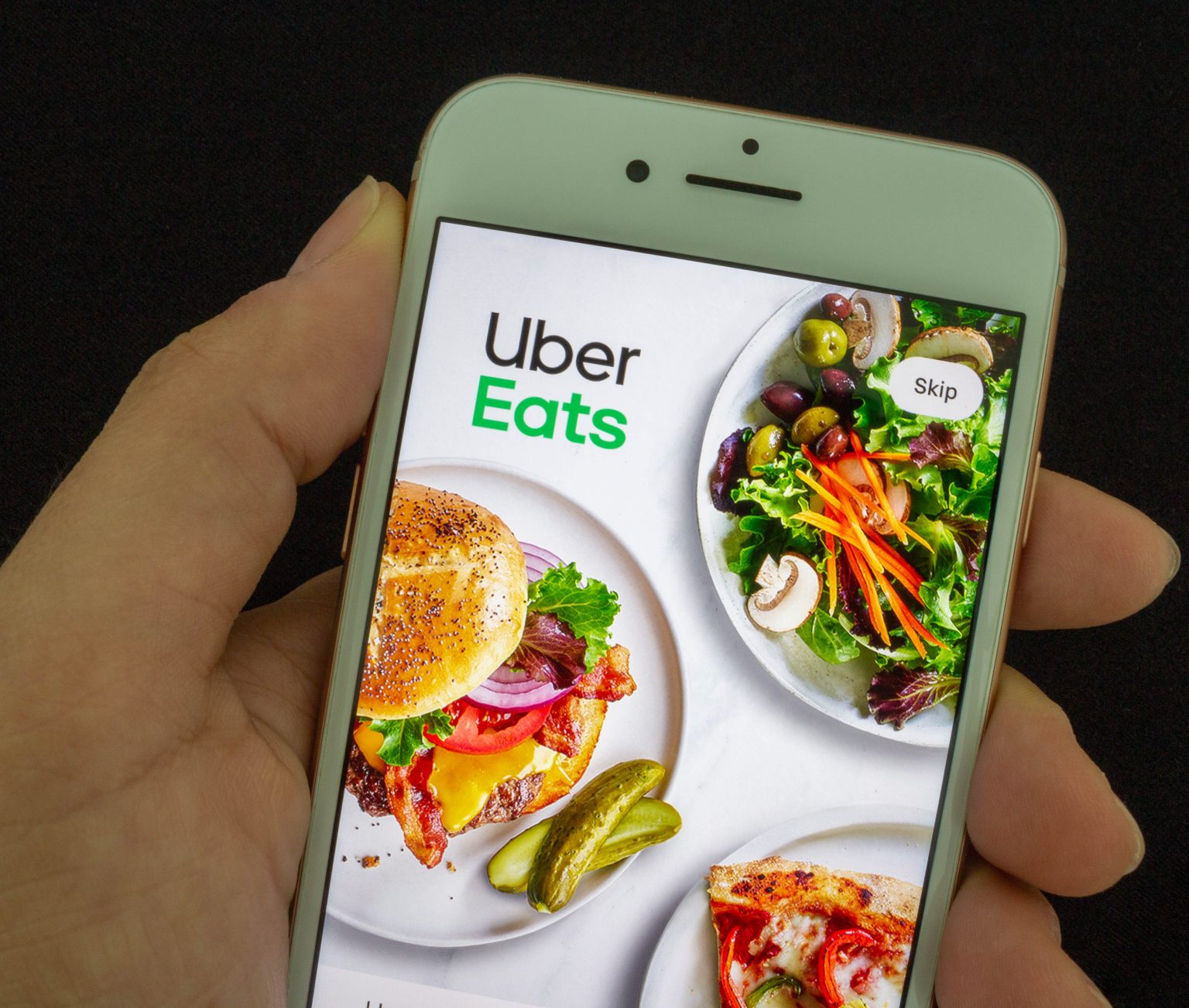In the realm of corporate alliances, the partnership between Uber Eats and Instacart may not be as epic as Iron Man joining forces with Spider-Man, but it’s still a significant power play. Their target? The dominant market leader, DoorDash.
Instacart is set to add a new ‘restaurants’ tab to its app, enabling users to order directly from Uber Eats, as announced this morning. This strategic move allows Instacart to broaden its service offerings, while Uber takes a direct jab at DoorDash’s stronghold in the suburban demographic, a segment where Instacart also excels.
“In a way, you could say that we’re a threat to DoorDash both independently and as a coalition,” stated Uber CEO Dara Khosrowshah during an interview with Bloomberg.
Currently, DoorDash holds about two-thirds of the food delivery market share but has been expanding into the grocery delivery sector since the pandemic began. This partnership signifies a multi-front challenge to DoorDash, with Instacart now entering the fray as well.
Under this partnership, the companies will maintain separate logistics for their primary services; Instacart will manage grocery deliveries, and Uber Eats will handle restaurant orders, even those placed via the Instacart app. This collaboration is expected to drive more customers to Uber Eats and generate additional revenue for Instacart, which will earn a fee from Uber for each restaurant order processed. Additionally, Instacart+ members will benefit from zero delivery fees on orders exceeding $35, whether for groceries or restaurant food.
“The partnership is designed to allow customers to manage all their food requirements through a single application,” explained Fidji Simo, CEO and chairman of Instacart.
Despite DoorDash reporting record revenue, it has also incurred significant losses, remaining unprofitable. In contrast, both Instacart and Uber have achieved profitability.
Such partnerships are not new in the delivery app sector, but the integration of Uber Eats into the Instacart app is particularly notable for its technological implications.
Will this strategic alliance turn into an ‘InstaSuccess’? Given the extensive reach of both companies, it seems likely. Meanwhile, DoorDash might have to keep an eye on its stress levels.
